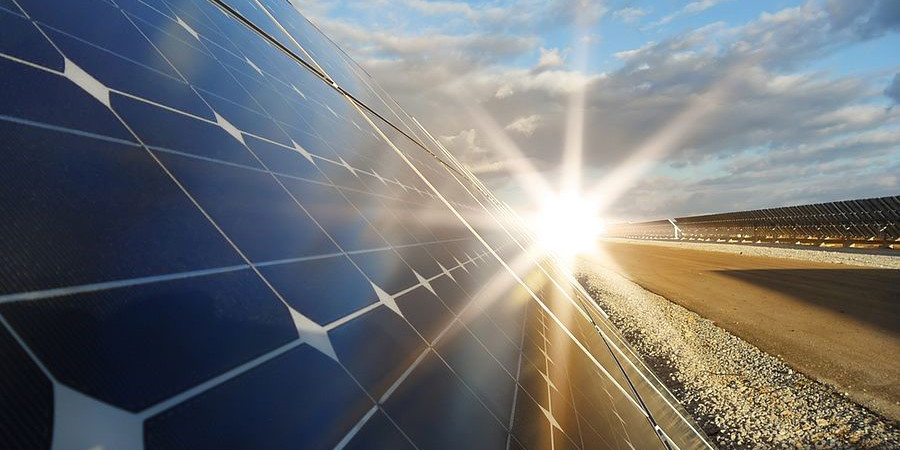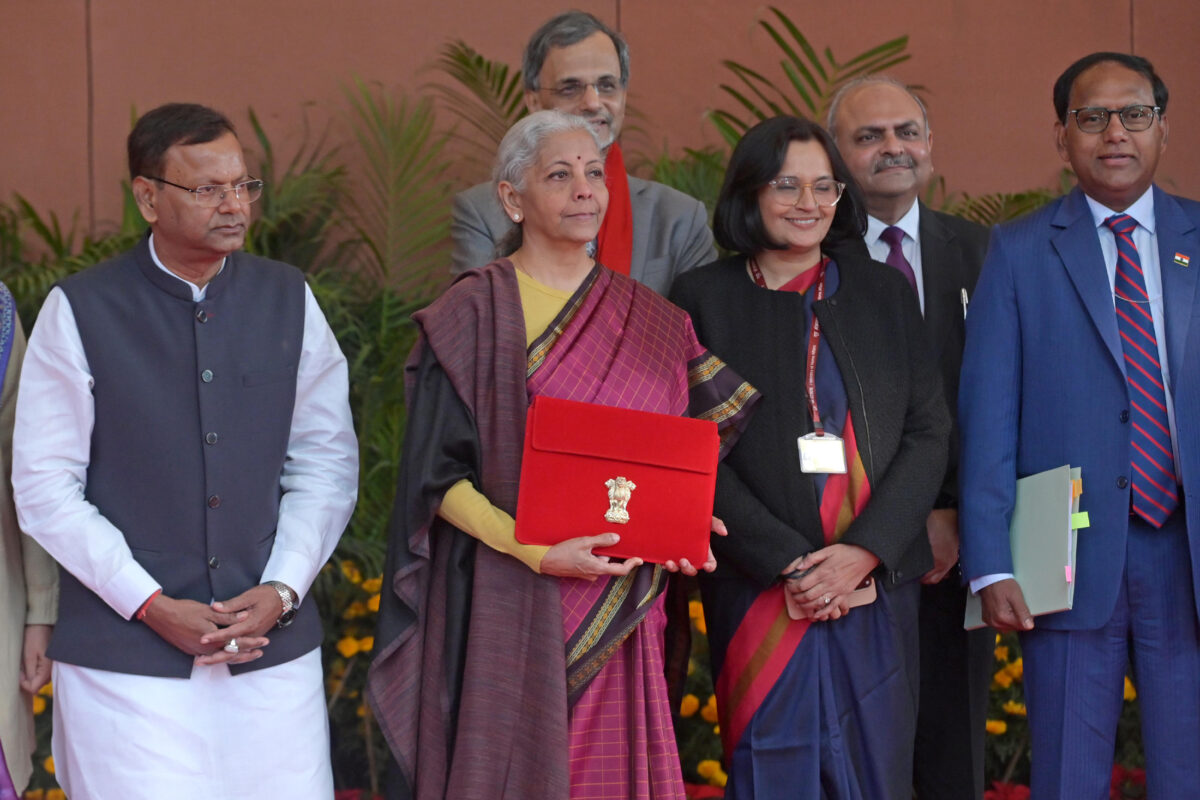The Central Mechanical Engineering Research Institute under the Council of Scientific and Industrial Research (CSIR-CMERI) has developed an off-grid solar-biodiesel hybrid mini-grid of 50kW peak system capacity. The mini-grid was recently set up at the institute’s Center for Excellence in Farm Machinery (CoEFM) residential colony in the Ludhiana district of Punjab to provide 24×7 power.
The all-renewables-powered system generates enough power to meet the residential colony’s lighting requirements and run 10hp and 5hp agricultural pumps.
The mini-grid uses solar trees of different capacities (three trees of 11.375 kWp capacity each, one 8.125 kWp, and two 3.05 kWp). A fully automatic biodiesel plant of 1 tonne/day capacity (8 hours) is being used to produce the necessary fuel to run the generators. The biodiesel plant, recently developed by the Centre, can produce biodiesel from any feedstock (waste vegetable oil, used cooking oil, animal tallow, etc).
On the system’s launch, Harish Hirani, director, CSIR-CMERI, said, “Currently, a major share of India’s installed power capacity is from fossil fuel sources like coal and diesel, which have severe implications for the nation’s energy security and environment. These high-power centralized generation systems also warrant investment in expensive transmission and distribution infrastructure, leading to higher transmission losses.
“In this scenario, localized region-specific distributed generation systems like mini-grids with small-scale renewable energy sources can be potential generators of electricity near load centers and can help in addressing energy needs of local communities. These systems can be a unique solution for uninterrupted power in remote areas, villages, hilly areas, etc.”
The hybrid mini-grid system developed at CSIR-CMERI also finds applications in Smart City projects because of its inherent smart features for integrating different sources.
“Unlike in rural areas, cities have a higher domestic energy consumption along with huge fluctuations due to varied usage patterns, making the power balancing a challenging issue. Experiments were conducted in the CoEFM residential colony during different times of day, month and different seasons to understand the developed system’s performance under different conditions of loading, solar radiation, etc,” said Hirani.
The future plan is to increase the mini-grid capacity by adding more solar trees and battery banks. Other sources of energy like wind energy and biogas can also be integrated into this system.
This content is protected by copyright and may not be reused. If you want to cooperate with us and would like to reuse some of our content, please contact: editors@pv-magazine.com.









Nice article.looks at the coming times and great work by Mr Harish Hirani. You must look at the work being done by Mr Ramkrishna,in creating water from Atmospheric moisture ,a big contributor to global warming,and saving on the use of Ground water.their site. http://www.maithriaqua.co.in. they do it in collaboration with CSIR- IICT IICT is government lab under CSIR.